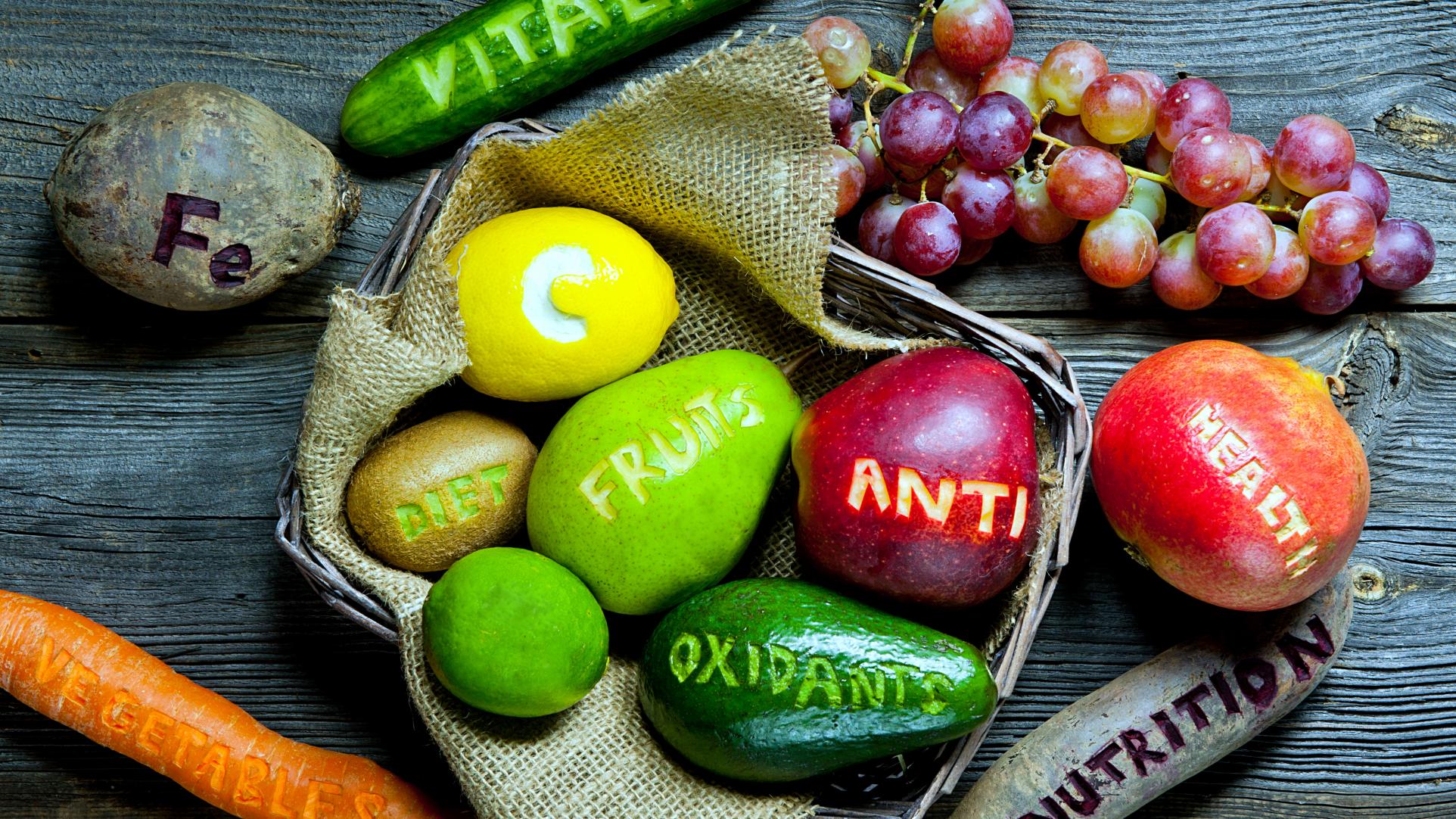When Coronavirus reached pandemic proportions, COVID-19 and its viral relatives — generated fear, sickness, and death, affecting the lives of millions worldwide. In this virus we have experienced the fear of the unknown — its course; and fear of the known — its consequences. Coronaviruses have been around for centuries. They can affect man, animals, and birds. But what makes COVID-19 different? According to Frank Esper, MD, pediatric infectious disease specialist at Cleveland Clinic, these newer strains are “true emerging infectious diseases” that “have undergone recent animal-to-human transition,” making them hard to control.1 It’s an old virus with a new footprint — a big one, and good hygiene and strong immune defenses are key to resisting and beating this new viral bully.
Viruses: Deadbeat Hitchhikers. Viruses are not living things. They are complex molecular packages of DNA or RNA encased in protective protein armor called capsids. They are harmless until they enter a living cell. That is why cleaning surfaces and skin, and social distancing are effective in reducing the risk of infection. But when you are infected, viruses hijack your cell’s resources, wreaking havoc with your health — often causing sickness and sometimes death.
Enter: Your Immune Army. Your immune system is your foundation for good health. Its protective network wards off harmful bacteria and viruses and dismantles harmful toxins. It also acts as a surveillance system against abnormal cells. Its defenses include physical barriers such as the skin; inflammatory responses to injured areas; and specific immune responses to germs or infection.
Winning the Battle Within. Your immune system is in a constant two-way conversation with your stress system. Repeated “insults” to the immune or stress system work overtime to increase inflammation, weaken defenses, impair physical and mental health, increase the risk for certain diseases, and even shorten life. Constant mental stress, poor diet, lack of exercise or sleep, alcohol, and smoking are just a few ways your immune “army” can be crippled in its cause to keep you strong. Healthy lifestyle choices along with positive social connections and trust in God work together like well-trained troops to boost, build, and balance immune and stress system health.
Mobilize Your Defenses. No paratrooper would try to weave his parachute when the plane’s door is open and it’s time to jump. Building strong immune health cannot be purchased by products that promise a quick fix in a crisis. The only way to be prepared for times of stress is by forming good physical, mental, and spiritual habits and practicing them every day. It's not too late to start: You can boost, build, and balance — for better habits, a stronger immune “army”, and a better chance at beating viral bullies — and please, always work with your healthcare provider.
Boost with Antioxidants. Antioxidants are powerful immune boosters. They remove harmful oxidants or free radicals from the blood stream. Oxidants are toxic by-products that occur as a result of normal metabolism, exposure to smoke, or other environmental toxins. Free radicals can damage DNA and weaken the body’s immune system. Antioxidants reduce free radical damage and strengthen the immune system. You can increase them and improve their effectiveness by:
- Eating more fresh fruits and vegetables. Citrus, cherries, and berries are especially high in antioxidant nutrients. Green leafy vegetables such as kale and broccoli are rich in vitamins A, C, and E. Consuming a wide variety of green and yellow vegetables increases immune-boosting blood levels of carotenoids, also linked to lower levels of stress-related symptoms such as insomnia and irritation.2 Vitamin D, the sunshine vitamin, is also essential to healthy immune function;3 if in doubt about your levels, your doctor can order a simple blood test to check your levels.
- Getting more dietary fiber. Colorful vegetables, fruits, beans, whole grains, nuts, and seeds deliver immune-boosting, disease-fighting vitamins, minerals, and phytochemicals. Along with fiber, they help regulate blood sugar, balance insulin, lower stress hormones, and lower inflammation. Plant fiber helps control appetite and manage weight. Excess body fat triggers unwanted inflammation, one reason why obesity increases the risk for many chronic ailments and infectious diseases. Drink plenty of water instead of calorie-rich sweet drinks to improve circulation and cut immune-zapping sugar calories.
- Eliminating red meat, high-fat dairy and fried foods. A diet high in animal fat, refined grains, sugar, and fried food increases free radical damage that is linked to increased risk for infection, diabetes, heart disease, dementia, and certain cancers. Power up on plant protein with beans, vegetables, whole grains, multi-grain pastas, and vegetarian meat substitutes in place of meat products. Use olive oil and lemon as a salad dressing, and focus on omega-3 fats by including more walnuts and flax seed in your diet.
Build with Exercise. Exercise not only protects the immune system but also strengthens it. A regular exercise program of brisk walking can bolster many defenses of the immune system, including the antibody response and the natural killer (T cell) response.4 It lowers body-wide inflammation and improves metabolic health, a real “kick in the gut” to viral invaders. Daily exercise improves mood, lowers anxiety, and increases a sense of well-being.5 The mind and body work together. These positive mental states have the additional benefit of boosting immune health.
Balance with Stress Management. Chronic stress is a hit to immune health. It can cause depression, anxiety, forgetfulness, irritability, and even panic. Constant negativity and worry can cause a racing heart, fatigue, sweating, muscle aches and pains, headache, and sleep disorders. Our thoughts and words are the raw materials for action. Do you focus on problems or solutions? What are some healthy ways to handle stress? Try taking a walk, talking to a friend, talking to God in prayer, memorizing His promises, reaching out to someone in need. Identify what is in your control and trust the rest to God. Take time to identify, internalize, and act upon the most important priorities in your life. Is your work/family/social life in balance? These are just a few ways to tame stress and protect the immune system. The adage “pare down, or you’ll wear down” is worth taking seriously.
Believe and Trust. This world is a battleground, not a playground. We all have skirmishes to fight in the physical, mental, and spiritual realm. The principles outlined will help you reduce the risk of illness and fight smart when it does occur. But in this broken world full of heartache, injustice, and sin, there is no perfect guarantee of freedom from trials and sickness. He has given us principles to reduce risk, but will not abandon sufferers. “The LORD will strengthen him upon his bed of illness; You will sustain him on his sickbed” (Psalm 41:3). God promises to give you strength to face whatever lies ahead. “He gives power to the weak, and to those who have no might He increases strength” (Isaiah 40:29). Moreover, God invites you to trust Him and the future in eternity without pain, tears, or sickness promised to all who give their lives to Him fully: “And the inhabitant shall not say, I am sick: the people that dwell in it will be forgiven their iniquity” (Isaiah 33:24).
Scripture taken from the New King James Version®. Copyright © 1982 by Thomas Nelson. Used by permission. All rights reserved.
- March 4, 2020, Coronaviruses Have Been Around For Centuries: What Differentiates COVID-19?, https://consultqd.clevelandclinic.org/coronaviruse.
- Mediators Inflamm 2015:doi 10.1155.824589 online pub.
- J Investig Med 2011;59(6)881-886.
- J Sport Health Sci 2019;8(3):201-217.
- Front Psychol 2018;27:doi 10.3389 online pub




